When To Call a Pro for Water Heater Replacement
Most homeowners don't think about their water heater until something goes wrong. By then, the signs have usually been building up for weeks or even months. Recognizing these warning signals early can save you from the inconvenience of sudden breakdowns and help you make informed decisions about repair versus replacement.
Understanding when professional replacement becomes necessary protects your home from potential water damage and ensures your family maintains access to reliable hot water. Read on to discover the common signs your water heater needs servicing and learn exactly when to call a pro for water heater replacement.
Age of the Water Heater
Water heaters don't last forever, and age plays a crucial role in determining when replacement becomes necessary. Older water heaters become increasingly inefficient as internal components wear down. The heating elements lose effectiveness, and sediment buildup reduces the tank's capacity and heating ability.
Even when an aging water heater still produces hot water, it likely consumes much more energy than a newer, more efficient model. This increased energy consumption translates directly into higher utility bills that continue mounting month after month.
Inconsistent Water Temperature

Water temperature fluctuations signal serious internal problems that often require complete replacement rather than simple repairs. When your water heater struggles to maintain consistent temperatures, the heating elements, thermostat, or internal components have likely deteriorated beyond effective repair. You might notice the water starts hot but quickly turns lukewarm, or the temperature varies unpredictably during use.
These temperature inconsistencies create more than just comfort issues. Fluctuating water temperatures can indicate sediment buildup that prevents proper heat distribution throughout the tank. Over time, this sediment hardens and creates hot spots that can damage the tank's interior lining. The heating elements work harder to compensate for reduced efficiency, leading to premature failure and increased energy consumption.
Professional assessment becomes essential when temperature problems persist despite basic troubleshooting efforts like adjusting the thermostat or flushing the tank. Experienced technicians can determine whether the inconsistent temperatures stem from repairable issues or indicate fundamental problems requiring replacement. They have the tools and expertise to diagnose complex heating system problems that aren't apparent to homeowners.
Strange Noises
Water heaters should operate relatively quietly, so unusual noises often indicate serious internal problems. Rumbling, popping, crackling, or banging sounds typically result from sediment buildup at the tank's bottom. As water heats up, it must bubble through this sediment layer, creating these distinctive noises. While this might seem like a minor annoyance, these sounds actually signal potentially expensive problems developing inside your water heater.
Sediment accumulation forces your water heater to work much harder to heat water effectively. The heating elements must heat through the sediment layer, reducing efficiency and causing overheating that can crack the tank's lining or damage heating components. This extra strain shortens the water heater's lifespan and increases the likelihood of catastrophic failure that could flood your basement or utility room.
Professional evaluation becomes necessary when strange noises persist or worsen over time. Technicians can assess whether the sediment buildup has caused irreversible damage requiring replacement or if the water heater can be salvaged through professional cleaning and maintenance. They also identify other potential noise sources like loose heating elements, failing thermostats, or structural damage that homeowners cannot safely diagnose or repair.
Rust-Colored Water
Rusty or discolored hot water signals corrosion inside your water heater tank, which typically means replacement is necessary. This rust-colored water indicates the tank's protective lining has deteriorated, allowing water to come into direct contact with the metal tank walls.
The rusty water often appears first thing in the morning or after periods of non-use, when sediment and rust particles have had time to settle and concentrate. You might notice the discoloration only affects hot water, while cold water remains clear. This distinction confirms the problem originates in your water heater rather than your home's plumbing system or municipal water supply.
Continuing to use a water heater that produces rust-colored water poses several risks. The corroded metal particles can damage your home's plumbing fixtures, stain clothing and dishes, and create unpleasant tastes and odors. The internal corrosion also weakens the tank structure, increasing the risk of leaks or complete failure that could cause significant water damage to your home.
Water Doesn't Get Hot
When your water heater stops producing hot water entirely or only manages lukewarm temperatures, that's a good sign it’s time to call a pro for repair or replacement. Complete loss of heating ability typically indicates failed heating elements, broken thermostats, or electrical problems that exceed typical homeowner repair capabilities. Even when the water gets slightly warm, insufficient heating often signals multiple component failures that make replacement more cost-effective than extensive repairs.
Lukewarm water creates particular frustration because it seems like the water heater is partially working, leading some homeowners to delay professional service. However, lukewarm water often indicates your water heater is struggling with multiple failing components. The heating elements might be partially functional, but inadequate heating suggests the entire system is deteriorating and likely to fail completely soon.
Professional technicians can quickly diagnose whether heating problems stem from simple electrical issues, component failures, or fundamental system problems. They have specialized tools to test heating elements, thermostats, and electrical connections safely. When multiple components have failed or the underlying problem is complex, professionals can explain why replacement makes more financial sense than attempting multiple repairs on an aging system.
Leaks Around the Water Heater
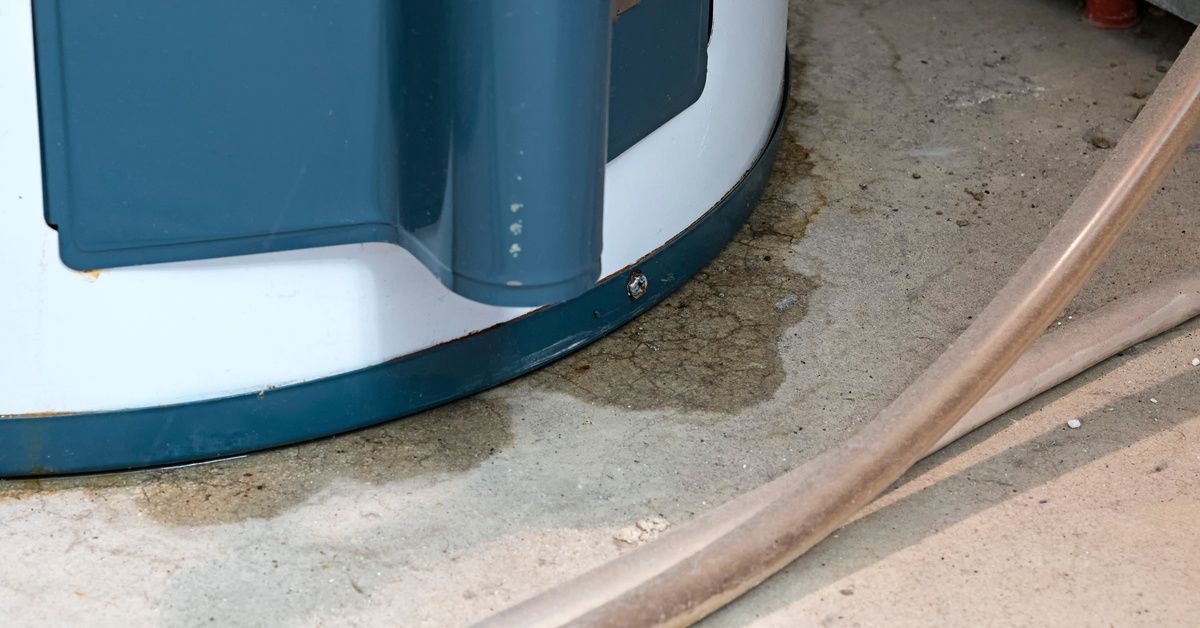
Water pooling around your water heater base signals potentially serious problems that require immediate professional attention. Small leaks might seem manageable, but they typically indicate internal tank corrosion or connection failures that will worsen over time. Even minor leaks can cause significant property damage, promote mold growth, and lead to expensive repairs if left unaddressed.
Leaks can originate from various sources including loose connections, failed pressure relief valves, or cracks in the tank itself. Tank leaks are particularly serious because they cannot be permanently repaired and will continue expanding until complete failure occurs. Professional assessment helps distinguish between repairable connection leaks and tank failures that require immediate replacement.
Why Choose a Professional?
Professional water heater replacement offers significant advantages over attempting DIY installation or hiring inexperienced contractors. Licensed professionals bring specialized knowledge, proper tools, and experience handling complex installation requirements safely and efficiently. Their expertise ensures your new water heater operates correctly from day one and continues providing reliable service for years.
Working with professionals is safer, too. Water heater replacement involves electrical connections, gas lines, water supply connections, and proper venting systems. Mistakes in any of these areas can create serious safety hazards including electrical shock, gas leaks, carbon monoxide poisoning, or water damage. Professional technicians understand local building codes and safety requirements that protect your family and property.
Are you having problems with your water heater? Affordable Water can help. Contact our team or book your water heater replacement service to restore clean water, consistent temperatures, and peace of mind to your home.




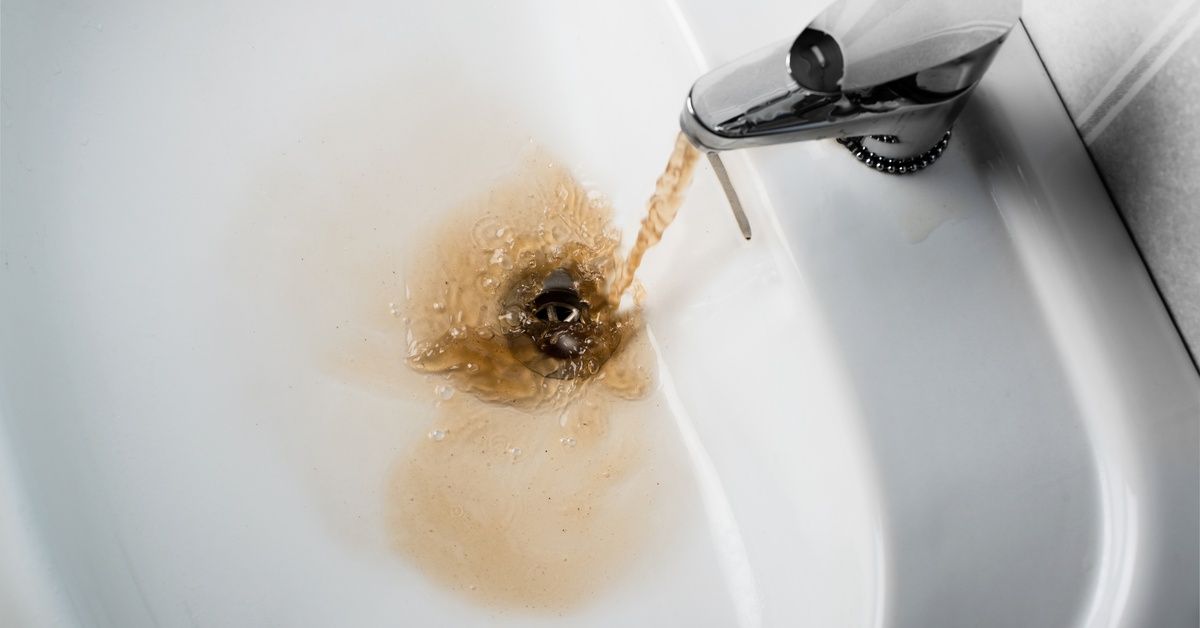

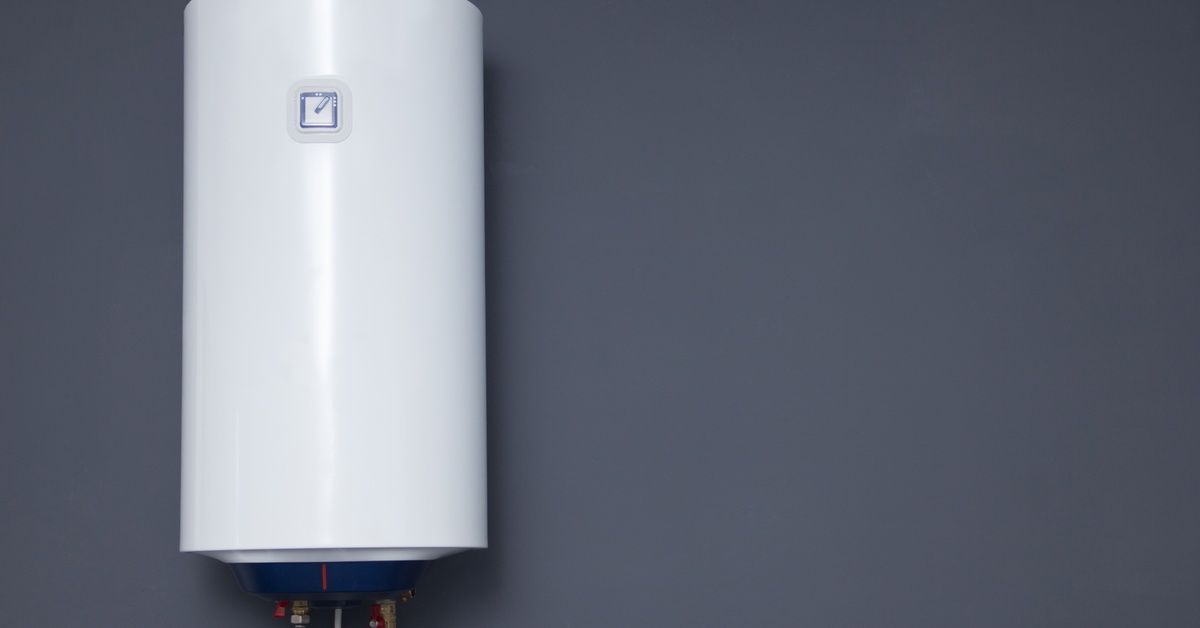
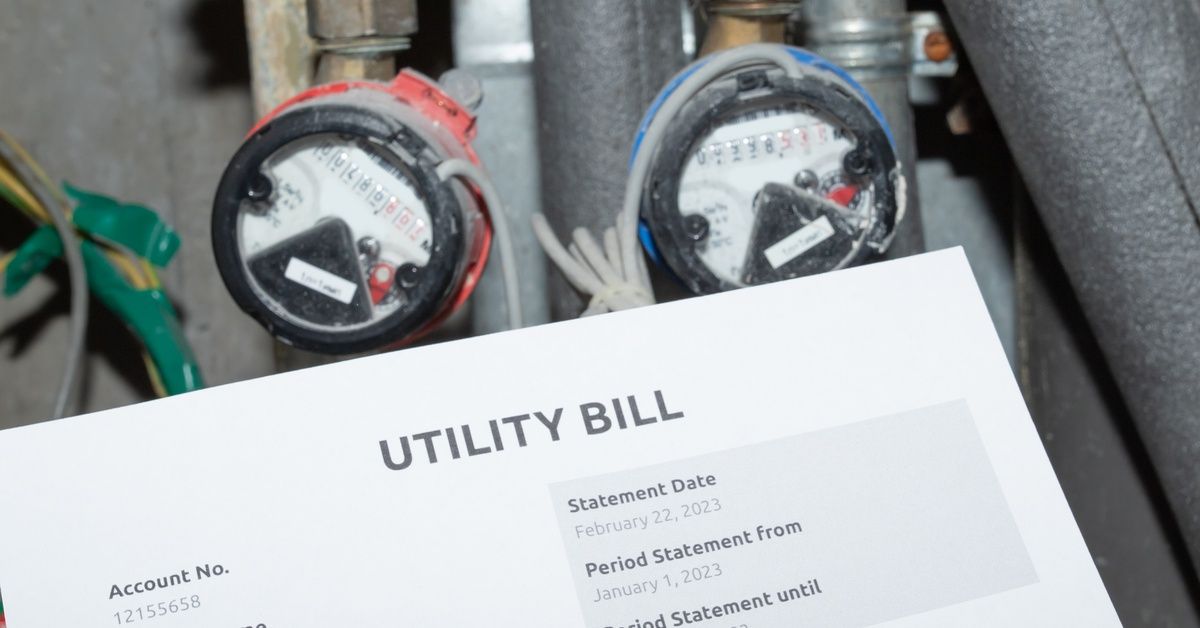

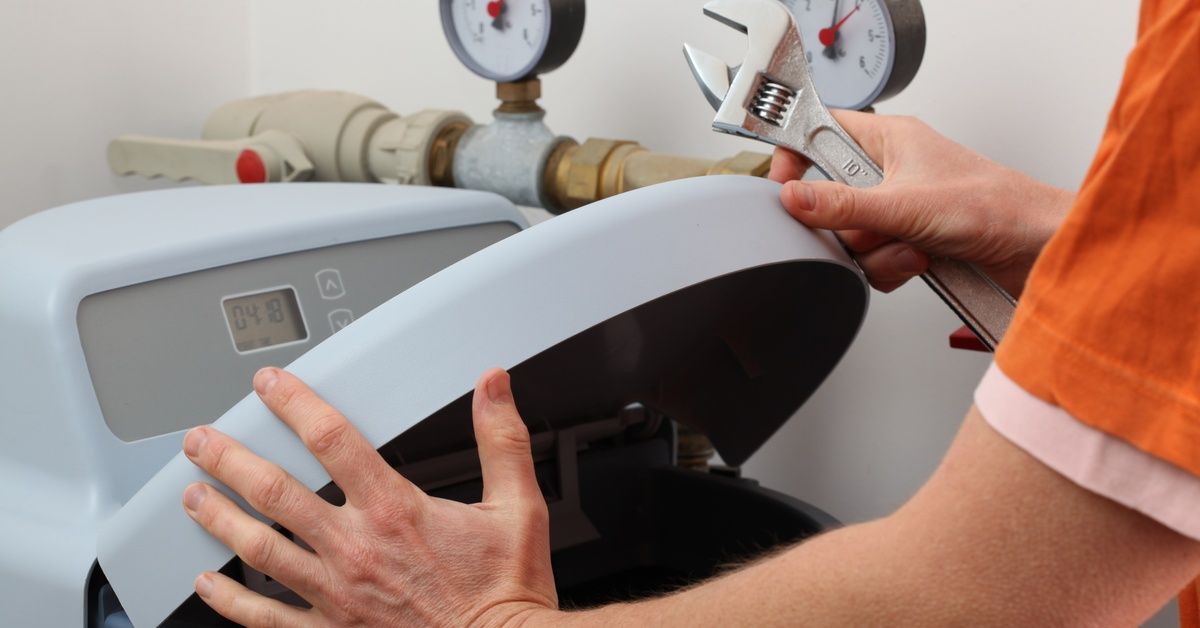
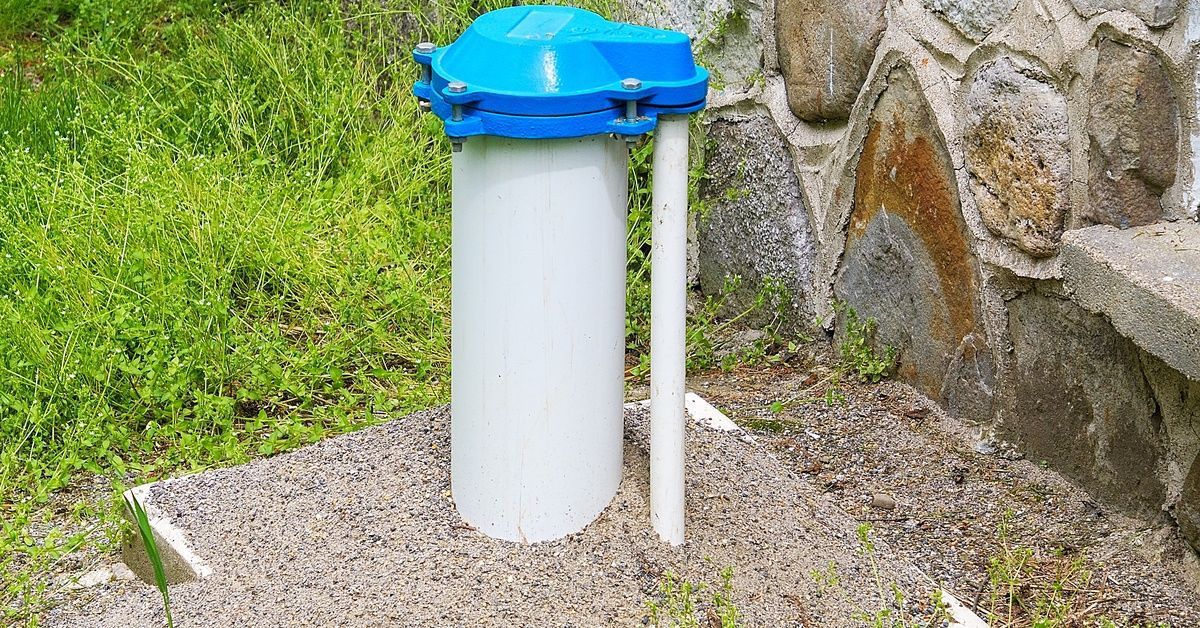

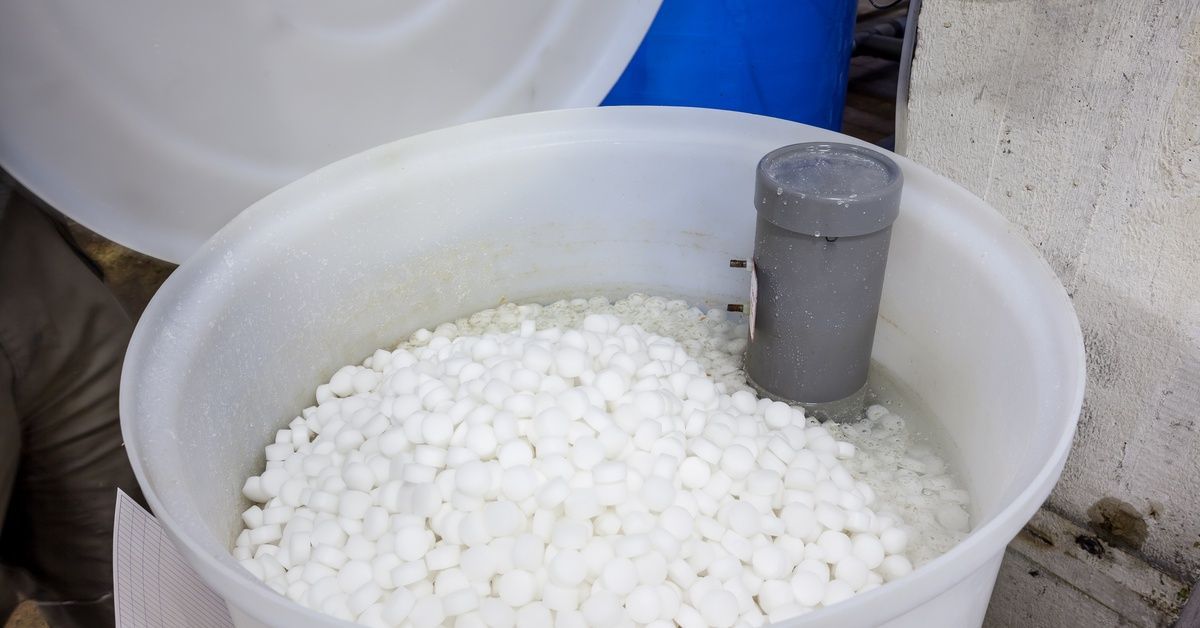
Share On: